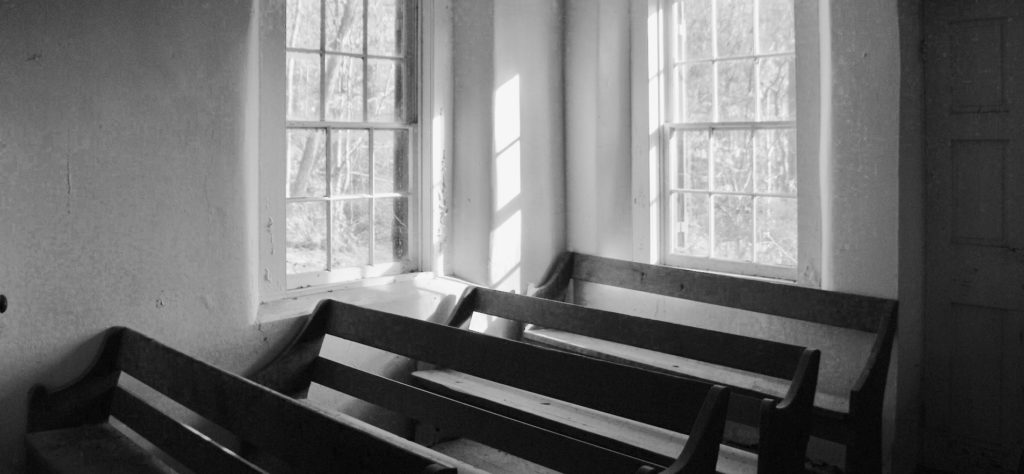Episode 047: A Conversation with Andrew Wilson
In this episode we sit down to talk to our friend Andrew Wilson about his new book Spirit and Sacrament: An Invitation to Eucharismatic Worship to talk about the what, why, and how of blending the charismatic and sacramental expressions.

https://www.spiritandsacrament.com/
I don’t remember where I first came up with the word (“eucharismatic”), but my history is that I have some Anglicanism in my childhood that was non-charismatic… and then I went to a charismatic church that had almost no awareness of the historical church…
At around six or seven years ago I started thinking there was a need for the church to bring together these two gifts… the term eucharismatic is a putting together of two words: eucharistic and charismatic, and the link between them is charis—grace (or chara—joy)…
When we understand the gift of God in the spiritual gifts and the gift of God in the Lord’s supper, we can receive all of God’s gifts rather than just some…
For me, the sacramental tradition was not associated with joy… but then I began reading the history of the church, these people who had almost unutterable moments of revelation of the beauty of who God is [while celebrating the eucharist]…
The Lord’s Supper is the lovely thing where everyone knows that this is something they are supposed to do; the question is how and how often… our church was doing it in homes, like they did in Acts 2…
For us, we had to recognize that whatever we did not practice on Sunday we did not ultimately value… you can say the same for the gifts… unless we do this at some point on Sundays, the church will think this is relatively unimportant…
I think that for many in more traditional churches, they are concerned about the charismatic out of a concern for orthodoxy and for things to be done in a decently and in order kind of way…
One of the things you can do is pick low-hanging fruit… the judicious and careful use of a prophetic impression (and you might not even call it that)—most people, even the most conservative (traditional) are happy with the idea that God might lead them to do something…
You just need to be sensitive to the fact that for many people this is really new… you need to be able to explain things in a non-weird way what God is doing…

